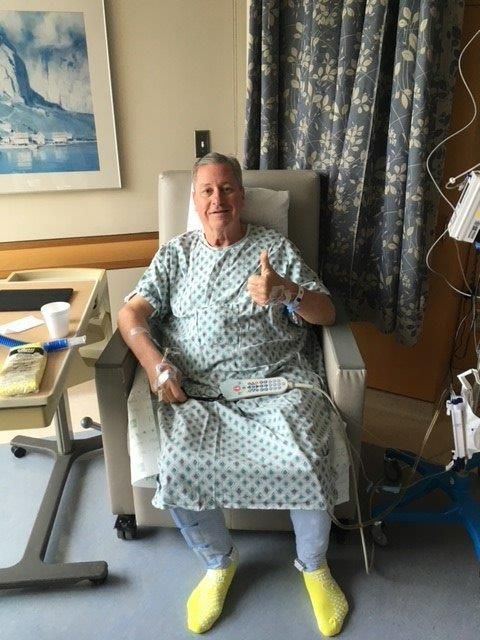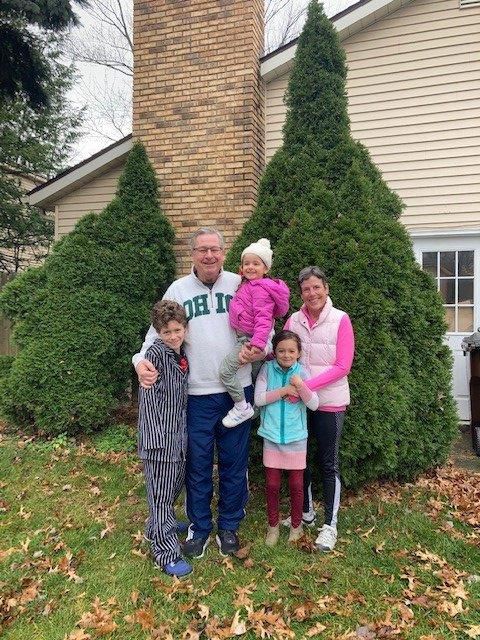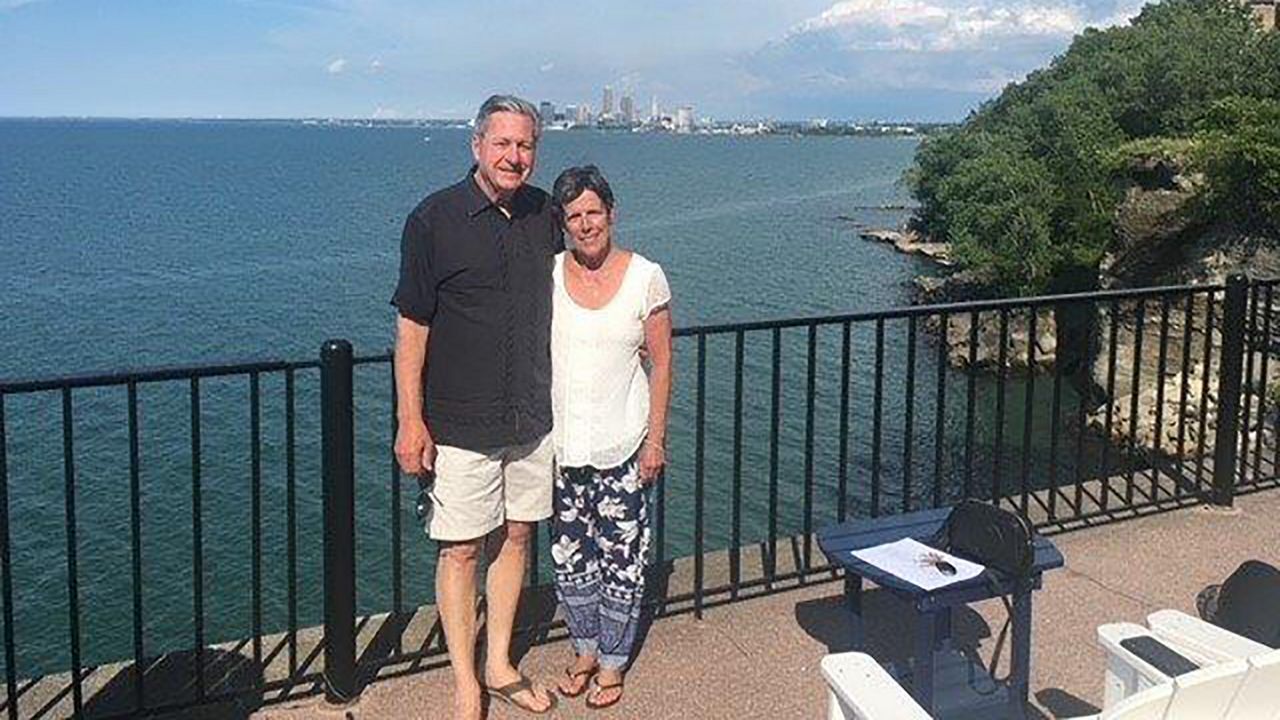CLEVELAND — Since the start of the COVID-19 pandemic, preventative colon cancer screenings dropped by 86% in the U.S., according to an Epic Health Research Network study.
As a result, an Ohio man is warning about the dangers of skipping a colonoscopy or any routine health screening.
“Use me as the example of not procrastinating and not putting things off,” said Dave Evans, a former colorectal cancer patient.
In 2010, Evans had a routine colonoscopy which revealed polyps in his colon. His physician “recommended that I get a follow up after about five years and so of course, I procrastinated and I didn’t schedule that,” Evans said.

Evans’ procrastination ended in April of 2020 when he began having severe abdominal pain and cramping. At the cusp of the pandemic, as the state was shutting down, Evans sought medical attention at the Cleveland Clinic. He was diagnosed with colorectal cancer.
“That was obviously, obviously quite a shock.”
Evans’ surgeon, Dr. David Rosen, said avoiding and delaying colonoscopies has become more common because of the COVID-19 pandemic.
“It’s tough to know an exact number, but there’s definitely been a significant drop in the people getting screening colonoscopies.”
Rosen said colonoscopies are “certainly not the most desirable screening, but it’s a very safe and effective screening mechanism.” He said The American Cancer Society has lowered its recommendation for asymptomatic patients with no increased risk to start screening colonoscopies at age 45 and that mirrors his own recommendation.

Rosen emphasized a colonoscopy can save your life.
“Colon cancer is a completely curable type of cancer, but it only is so if we catch it early."
“I’m a good example of somebody that, it was caught in time. However, it could have been caught earlier had I been a little more vigilant about my testing," Evans said.
Evans underwent surgery and a round of chemotherapy. He’s hesitant to call himself a cancer survivor yet, but “at the moment, I’m free of cancer.”
Moving forward, he’ll have blood work every three months, and once a year for the next three or four years, a colonoscopy. After that, “I should be home free. But right now I feel great. There’s no evidence of anything else. I think they got it all, and thankfully for my medical team, my family and I are in a much better place now than we were a year ago.”
Evans said he hopes others will learn from his experience, and he’s grateful for the support of his wife, Mary, his two daughters, his three grandchildren, other family, friends and his employer.



